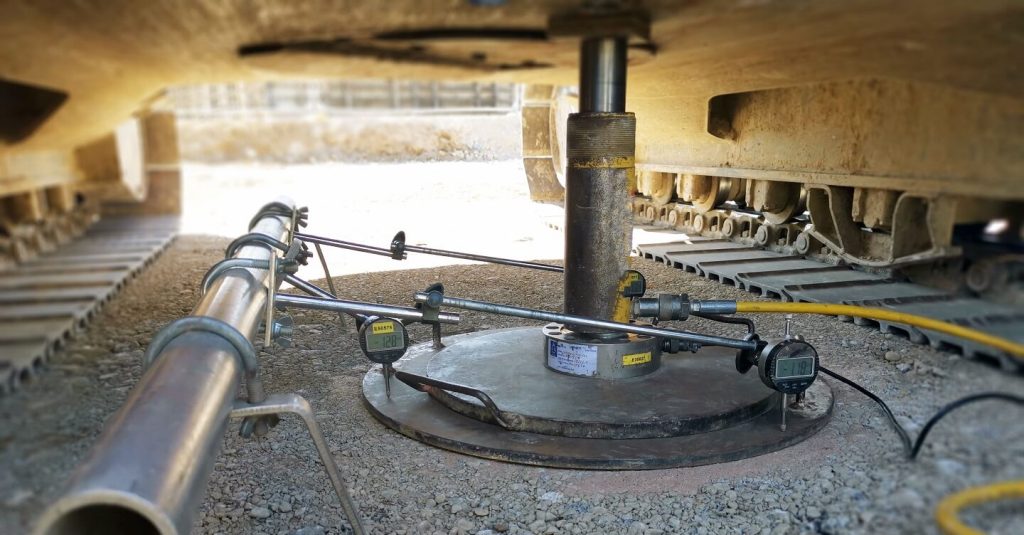
How Weather Conditions Affect Driveways
Driveways in the UK must endure a wide range of weather conditions throughout the year. From heavy rain and frost to summer heat and fluctuating temperatures, these elements can all affect the longevity and appearance of different driveway materials. Choosing the right surface and ensuring proper installation are essential for creating a driveway that remains both practical and attractive despite the British climate.
The Effect of Rain and Moisture
The UK experiences a significant amount of rainfall, which can pose challenges for certain driveway surfaces. Poorly drained driveways can develop puddles, leading to water damage over time. Tarmac, for example, can become soft if water is allowed to pool on the surface, which may result in deformation under heavy vehicles. Block paving can also suffer if the sub-base becomes waterlogged, as this can lead to shifting or sinking blocks.
Resin-bound surfaces are popular partly because they are permeable, allowing rainwater to drain through rather than collect on top. Gravel driveways also naturally allow water to pass through, making them a good option for areas prone to heavy rain. Proper installation with an effective drainage system is crucial to prevent long-term damage from excess moisture.
The Impact of Frost and Freezing Temperatures
Frost and freezing temperatures can be especially damaging to driveway surfaces. When water enters small cracks in materials such as concrete or block paving and then freezes, it expands, causing the cracks to widen. Over time, this can lead to more significant structural issues. Tarmac surfaces can also be affected by freeze-thaw cycles, which may weaken the material and cause small cracks to appear.
Using materials that are resistant to frost damage, combined with correct installation techniques, can reduce these risks. For example, a well-prepared sub-base helps prevent water from sitting beneath the surface, reducing the likelihood of frost-related issues.
The Effect of Heat and Sunlight
Although the UK does not experience extreme heat as frequently as some countries, periods of high temperatures in summer can still affect driveway materials. Tarmac is particularly susceptible to softening in hot weather, which can result in tyre marks and surface deformation. Lighter-coloured surfaces, such as resin or block paving in paler shades, reflect more sunlight and remain cooler underfoot.
UV rays can also cause some driveway materials to fade over time. Choosing UV-stable resin or high-quality blocks with built-in colour resistance can help maintain the driveway’s appearance for longer.
How Seasonal Changes Take Their Toll
The constant cycle of changing weather conditions is one of the biggest challenges for UK driveways. Expansion and contraction of materials due to temperature fluctuations can gradually weaken surfaces. Driveways that have not been properly installed with expansion joints or flexible materials may develop cracks or uneven areas more quickly.
Regular maintenance, such as cleaning, resealing, and checking for minor damage, can help prevent small issues from becoming major problems. Applying a quality sealant to concrete, tarmac, or block paving helps protect against moisture penetration, frost damage, and UV fading.
Choosing Materials Suited to the UK Climate
Certain driveway materials are better suited to the British climate than others. Resin-bound surfaces are particularly effective because they are permeable and resistant to cracking, while block paving offers flexibility and easy repair if individual blocks become damaged. Gravel driveways are also well-suited to wet conditions, as water can drain freely through the surface.
Concrete is extremely strong, but without expansion joints and proper sealing, it can be vulnerable to frost damage and cracking. Tarmac remains a practical choice, but it may require more frequent maintenance in areas with extreme temperature variations.
The Importance of Professional Installation
Even the best driveway materials will suffer in the UK weather if they are not installed correctly. A strong and well-prepared sub-base is essential for any driveway, as it provides stability and ensures effective drainage. Without this, even durable materials may fail prematurely.
Working with experienced installers ensures that the driveway is laid to the correct specifications for the property and climate. Factors such as slope, drainage channels, and edge restraints all play a part in how well a driveway performs under different weather conditions.
Maintaining Driveways Throughout the Year
Regular maintenance is key to ensuring a driveway lasts despite the challenges of the UK climate. Removing debris, moss, and weeds prevents water from being trapped on the surface. Resealing block paving or resin-bound driveways every few years helps maintain their resistance to weathering, while tarmac surfaces benefit from occasional resurfacing or patch repairs.
Driveways that are cared for properly can withstand rain, frost, and heat for many years, remaining safe and attractive. By investing in the right materials and keeping up with maintenance, homeowners can avoid costly repairs and enjoy a driveway that continues to perform well regardless of the weather.
Creating a Driveway Built to Last
The unpredictable UK climate means that durability should always be a top priority when choosing driveway materials. Understanding how rain, frost, heat, and seasonal changes affect different surfaces makes it easier to make the right choice. With proper planning, high-quality materials, and professional installation, a driveway can look good and remain functional for many years, no matter what the British weather brings.
- Vertical Blinds Installation in Sydney for Long-Lasting Comfort and Style
 Introduction Window coverings are more significant than most people think when it comes to improving… Read more: Vertical Blinds Installation in Sydney for Long-Lasting Comfort and Style
Introduction Window coverings are more significant than most people think when it comes to improving… Read more: Vertical Blinds Installation in Sydney for Long-Lasting Comfort and Style - How Does a Heat Exchanger Work?
 A heat exchanger is a device specifically designed to transfer heat from one fluid to… Read more: How Does a Heat Exchanger Work?
A heat exchanger is a device specifically designed to transfer heat from one fluid to… Read more: How Does a Heat Exchanger Work? - 2026 Strategic Property Outlook: Why Tengah and Bayshore are the New Pillars of Singapore Real Estate
 As we cross into 2026, the Singapore residential market has entered a phase of “Sustainable… Read more: 2026 Strategic Property Outlook: Why Tengah and Bayshore are the New Pillars of Singapore Real Estate
As we cross into 2026, the Singapore residential market has entered a phase of “Sustainable… Read more: 2026 Strategic Property Outlook: Why Tengah and Bayshore are the New Pillars of Singapore Real Estate - The Essential Role of Builder’s Bags in Today’s Construction and Trade Industries
 If there’s one item you’ll find on almost every construction site in the UK, it’s… Read more: The Essential Role of Builder’s Bags in Today’s Construction and Trade Industries
If there’s one item you’ll find on almost every construction site in the UK, it’s… Read more: The Essential Role of Builder’s Bags in Today’s Construction and Trade Industries - Hello Services – Professional Cleaning and Property Services Across the UK
 When it comes to maintaining a clean, safe, and well-managed property, choosing a reliable service… Read more: Hello Services – Professional Cleaning and Property Services Across the UK
When it comes to maintaining a clean, safe, and well-managed property, choosing a reliable service… Read more: Hello Services – Professional Cleaning and Property Services Across the UK

Sustainable HVAC & Building Upgrades: How to Reduce Energy Bills and Carbon Footprint in Commercial Buildings

Scalp & Follicle Rescue: Reviving Growth in Textured Hair After Relaxer Damage

Why Custom Lift Kits Are the Key to Better Ground Clearance

CBR Testing: The Gold Standard for Pavement Design and Road Construction

A Tranquil Escape in the City

Therapeutic Foster Care: Specialised Support for Children Who Need It Most

Retail Therapy and Boutique Shopping Near Zyon Grand

